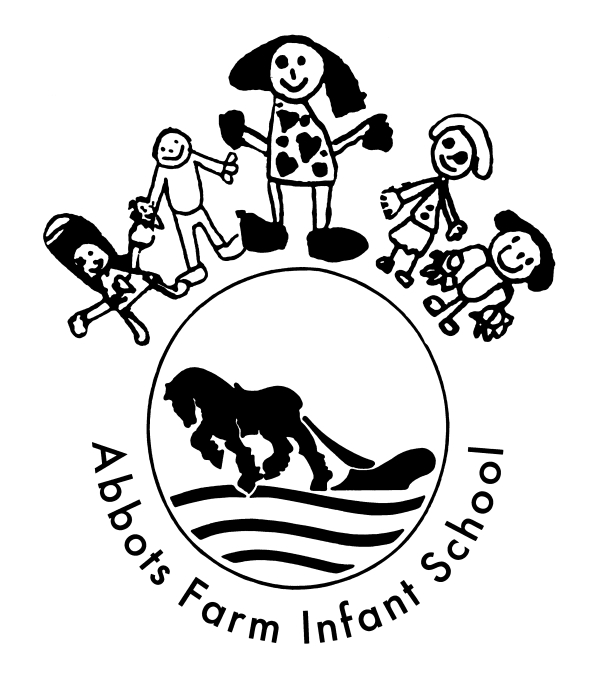Geography
Curriculum
At Abbots Farm Infant school we believe that a high quality geography education should inspire a curiosity and fascination about the world that will remain with them for the rest of their lives. Geography helps to provoke and provide answers to questions about the natural and human aspects of the world. We want children to realise that geography is about them, growing up in their world. We want to build on children’s interests and experiences but also find ways to challenge and excite them with content that might be beyond their immediate horizon. Our children learn about oceans, continents, major countries and cities, and to make comparisons. They learn about human and physical features in different environments and how we can contribute to sustaining the world.
Teaching
Learning is mapped to the National Curriculum to ensure comprehensive coverage of national expectations. Subject-specific content, which has been mapped in partnership between the subject leader and class teachers, ensures there is clear progression, consolidation and extension of skills and knowledge. In addition, this ensures that the curriculum is coherent and appropriately sequenced in programmes of study. We build in opportunities for children to return to areas of learning, which allows them to gain a deeper understanding of the skills and processes within subjects.
In EYFS, children begin to develop their geographical knowledge by exploring features of our school and Preschool. Maps and atlases are used to investigate different places as we begin to compare and contrast different environments. Children have rich opportunities to make use of school grounds to enhance and apply their skills as geographers. Throughout the year, children observe and discuss the weather and seasonal changes. Children also learn about the different jobs which people do in our community.
As children move into KS1, they build on these strong foundations, developing their locational awareness, geographical skills and knowledge of physical and human geography. As well as learning about local geography, children enjoy having the opportunity to learn about different countries and places around the world. They also learn about how they can be responsible for the environment.
We use a cross curricular approach to learning. This helps to immerse the children within their topics, allowing them to use their new knowledge within many different subjects.
Planning focuses on the objectives and geographical skills to be taught and well as those which they can learn through discovery in continuous provision. Planning will begin by looking at prior knowledge, which will then be built on over the course of the term. Classrooms have an enquiry area which is used to promote geographical understanding and to practise and embed skills.
Our children’s learning is enriched through a variety of experiences to enhance their knowledge of the world around them. Our school grounds and local area provide excellent opportunities for fieldwork including walks around the local area and exploring the nearby woodland.
Achievement
Our Geography Curriculum is progressive and builds on key skills in the different geographical themes. We focus on progression of knowledge and skills and also on vocabulary which also form part of the units of work.
We measure the impact of our curriculum through the following methods:
- Discussions with children about their learning (pupil voice).
- Coaching opportunities that focus on children’s work, photo evidence, practical learning, planning and learning walks which continuously improve our teaching of the science curriculum and provide opportunities for professional dialogue between teachers and science lead which is reflective.
- Progress is measured through regular teacher assessments. These take place at the end of each unit of work taught and judgements are made against the planned objectives. The judgements are used to ensure consistency of assessment across all year groups. This allows for data analysis to identify any gaps of knowledge or skills. This can then be identified for teacher’s future planning.
